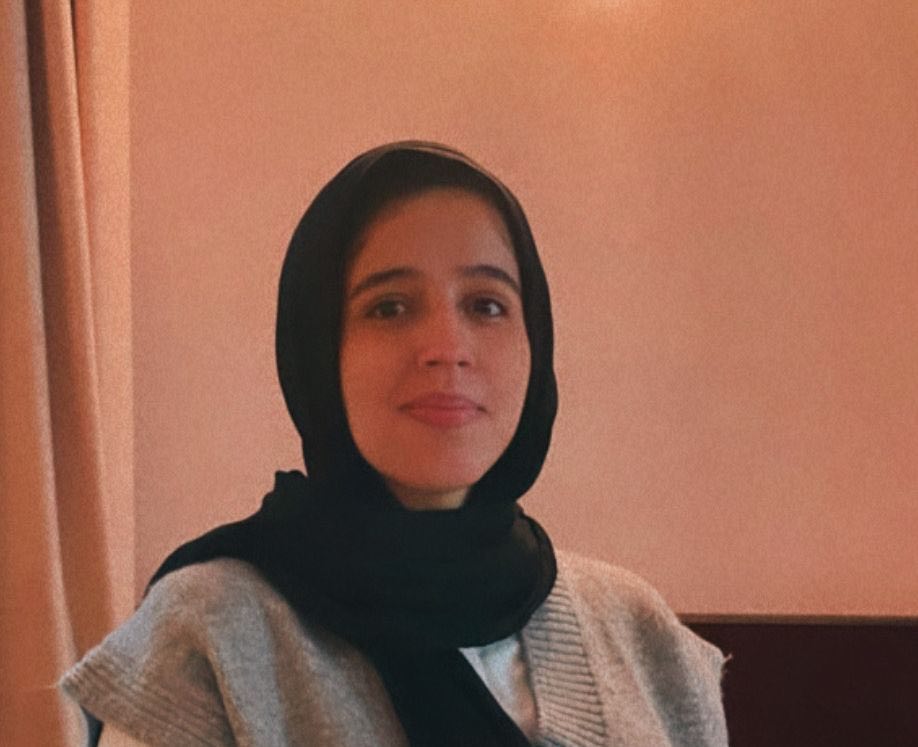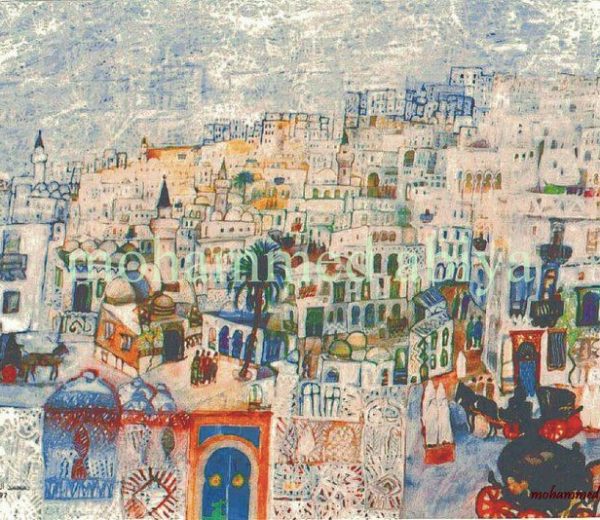
I am sure you have come across these abbreviations before FOMO and JOMO. These stand for ”Fear of Missing Out” and ”Joy of Missing Out”. To an extent, the meaning is defined by the breakdown of words. Humans either shift from one to the other or live by one of these concepts. Some people have lived under FOMO for an extended portion of their lives. They hoped to have as many experiences as possible and prioritize other things and people over their own. You will find them doing their best to try whatever they consider valid. Imagine not resting and always looking for the next ”big” thing. Gradually, it leaves those with FOMO developing a sense of worry or dissatisfaction. Given that there is always this fear of missing out on things.
You don’t want to miss out on the feelings, experiences, and perhaps, as they see it, life. On the other hand, you have others who live by the Joy of Missing Out (JOMO). This type may not be concerned about missing out on a significant event. They wouldn’t be bothered by it and prefer to live at their own pace and terms. Some people shift from one concept to another, from FOMO to JOMO, or the opposite. Each has its reasoning, and it takes a particular event for someone to make that shift.
My Side of FOMO & JOMO
I want to share my experience with these concepts and how I shifted from FOMO to JOMO throughout my twenties. I believe this could be influenced by changes in my personality throughout the years. From a young age, I think I have lived by FOMO. Growing up, I studied in an active school with active students; there was always something to do, from school exhibitions, bazaars, end-of-school-year musicals, school trips, and many others. I have always wanted to be present. Slowly, I developed the FOMO, which relates to how much we are exposed to. Also, how much influence our environment and people around us have on us, directly and indirectly.
But if I were to explain my experience as an adult between my early twenties and turning 30 this year, I would describe my style as having shifted gradually into JOMO. With time and life experiences and events, I found myself enjoying missing out on things. Before, during my early twenties, the FOMO was high, and I felt stressed and guilty if I missed out on an event, a connection, or an experience. Later, I realized that it is okay to miss out on certain events/experiences. At times, I may have been tired, overwhelmed, or simply not in the mood to push myself. However, I often remember forcing myself, even when I did not feel like it.
To Find Joy OR Continue in Fear?
It can be seen as a complex idea: the desire to create memories influenced by external factors and social media pressure while also not feeling the need to do so sometimes, knowing that these memories may not be significant. Eventually, I started embracing the JOMO, realizing that living at my own pace and being more present is more important. Indeed, I still enjoy making memories, but I no longer fear missing out on making some influenced by, for instance, social media or people.
Sometimes, you have to decide and make that shift, and some people choose to shift to FOMO after years of living in JOMO. I firmly believe that becoming JOMO has helped me be more present and live in the moment. I no longer need to push myself while genuinely feeling the joy of missing out. It has brought me a sense of internal stability and satisfaction.
It helped me prioritize what really matters. I learned to say no to things I don’t want to do without the need to justify myself. When I lived by the fear of missing out, I felt that life was sped up as if I was running to catch up. However, when I decided to make that shift, I felt that life had become slower. I have been navigating it at my own pace. It is important to remember that being excessive in either concept can backfire on you.
Indulging in JOMO influenced how I connected with people, and I ended up neglecting many friendships under the excuse of self-care. Unfortunately, specific actions cannot be undone, and I realized that maintaining connection is crucial to my well-being. It is one of the things I am re-learning, even though I am aware that my pool of friendships is very small now. Finding balance is key as self-care is important, but don’t forget that part of your self-care is to keep connections that matter close without being excessive or having a fear of missing out.









